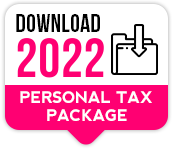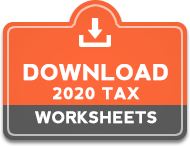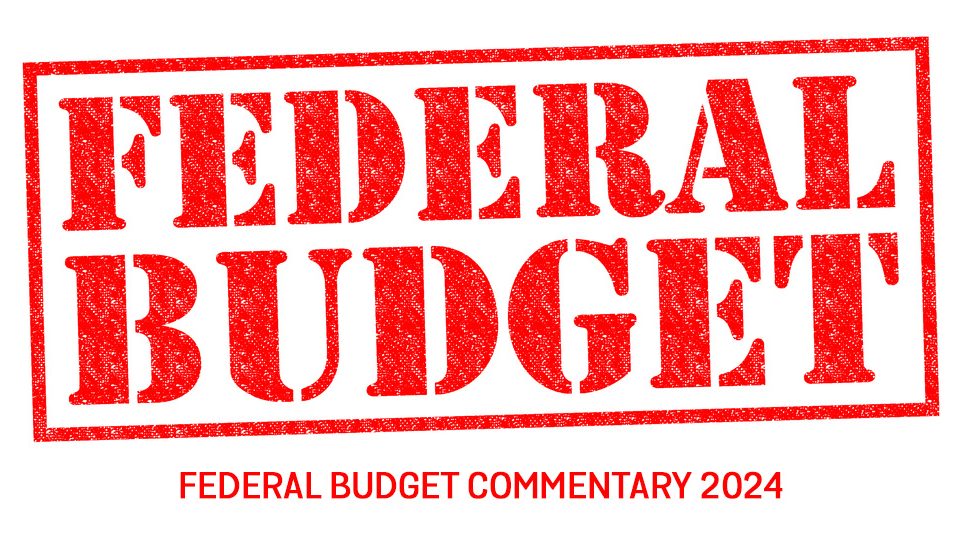
2024 Alberta Budget Summary
March 4, 2024
A single act of courage is needed to fix Canada’s tax system, but this government won’t do it
April 15, 2024Canadians with bare trust arrangements, such as a co-signed mortgage or joint bank account, won’t be required to comply with new tax-reporting requirements for 2023.
The Canada Revenue Agency (CRA) said in an announcement Thursday that bare trusts no longer have to file a T3 Income Tax and Information Return, including Schedule 15 for the 2023 tax year unless the agency makes a direct request.
The requirement to file a return on bare trust arrangements was newly introduced by the CRA this year, but many Canadians were likely unaware of its existence or even that they may be part of such an arrangement.
A bare trust refers to the legal ownership of a property or account that does not match who is entitled to it. The trustee has no decision-making power over the beneficiary’s assets and only acts on their instructions.
Bare trust arrangements are very popular because of their practicality. The most common examples are putting funds into an account for an elderly parent or for a child to hold birthday money.
Co-signing a mortgage as a parent or grandparent is also an increasingly common choice for young Canadians with few options to afford a home, but it counts as a bare trust agreement as long as the co-signers are included on the title.
The deadline to file a bare trust return was to be April 2, weeks before the general April 30 deadline. Missing the deadline would have meant many Canadians could face some hefty penalties, notably a gross negligence fee with no maximum.
Canadians were also at risk of facing a $25 per day fee for late filing, with a minimum penalty of $100 and maximum of $2,500.
On top of the T3 filing requirement, Canadians with bare trust arrangements also had to fill out a Schedule 15, also known as a Beneficial Ownership Information of a Trust. A Schedule 15 is essentially a list of all the beneficial owners and trustees of the trust.
Post Credit: Global News
(https://globalnews.ca/news/10390477/cra-bare-trust-tax-return-requirement-change/)







